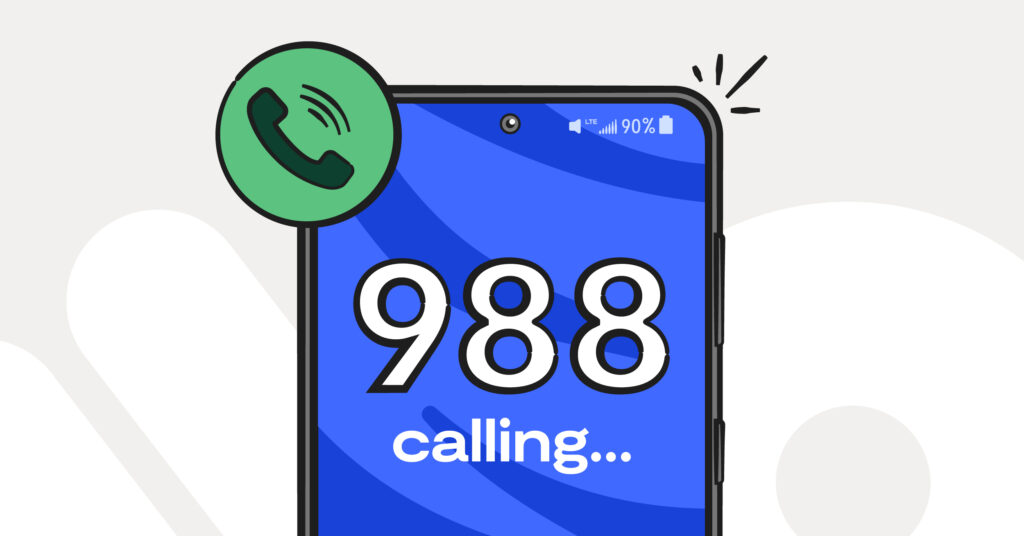College life is stressful sometimes. Students may feel overwhelmed from juggling academic demands, living on one’s own for the first time, managing relationships, roommate conflict, family issues, and extracurricular activities, among other stressors. If your emotional or environmental stress is weighing you down, you're not alone. Many college students utilize counseling at some point.
Our center is staffed with experienced Licensed Professional counselors who will partner with you to address your concerns. If you are a day campus student please do not hesitate to call us at (573) 875-7423 to schedule an appointment. If you are a CCG student please see the Wellness Resource Guide below.
Benefits of Counseling
Columbia College students report gaining support, insight and valuable skills for coping with stressors in a non-judgmental, confidential, safe environment as the result of counseling (Wellness, Health and Counseling Student Satisfaction Survey, 2019). Other benefits of counseling include, but are not limited to:
- Learning skills for managing anxiety, depression, PTSD, mood disorders, ADHD and other mental health related issues.
- Grief and loss support
- Working through family of origin issues
- Support with LGBTQ issues
- Improved interpersonal communication
- Increased ability to tolerate and manage distress
- Strengthened positive sense of self
- Healthier relationships
- Improved ability to cope with loneliness
Consultations vs Counseling
Consultations involve one or two meetings with a licensed professional to address a concern, seek assistance on how to support another student, or obtain a referral to an off-campus provider. If a student chooses to engage in a counseling relationship, after the consultation, your counselor will gather more information and work with you to develop a plan for the course of counseling.
Confidentiality and Privacy
Student privacy and confidentiality are important to the counseling relationship. Therefore, we take numerous measures to insure information students share is kept confidential and electronic and paper files are stored securely. When you speak with a counselor, the content of your meeting is kept confidential, unless you give your counselor written permission to share information. There are a few exceptions to confidentiality that involve safety. Your counselor will review exceptions to confidentiality in the first session, so you have the opportunity to ask questions and address any concerns, before you begin to share.
CCG Wellness Resource Guide
988 Suicide and Crisis Lifeline and Information
If you or someone you know needs support regarding a crisis and/or suicidal ideation, please call or text 988 or chat 988lifeline.org. The lifeline is free, available 24/7 and is confidential.
To obtain more information regarding how to prevent suicide, please watch the Ask, Listen, Refer training at: https://www.asklistenrefer.org/cc
Mental Health Resources
- Visit the Psychology Today website for a list of therapists in your area: https://www.psychologytoday.com/us/therapists
- Search mental health resources on the web by typing in “mental health resources in…” and list the city and state and/or county and state in which you live.
Title IX
If you believe you may have experienced sexual harassment or have had a change in parenting status, then you may contact the Title IX Coordinator at titleixcoordinator@ccis.edu. You may also visit this Title IX Policy Page for more information.
Additional Resources
Call 211 or visit 211.org for the following needs:
- Food and clothing banks
- Shelters
- Rent assistance and utility assistance
- Health insurance programs, Medicaid, and Medicare
- Counseling, support groups, drug & alcohol intervention and rehabilitation programs
- Language translation and interpretation services to help non-English-speaking people find public resources (Foreign language services vary by location), and other resources.

